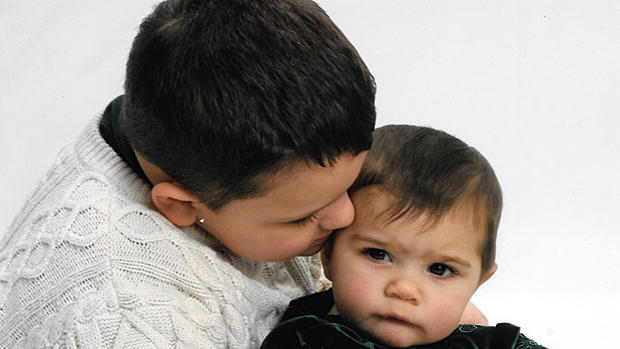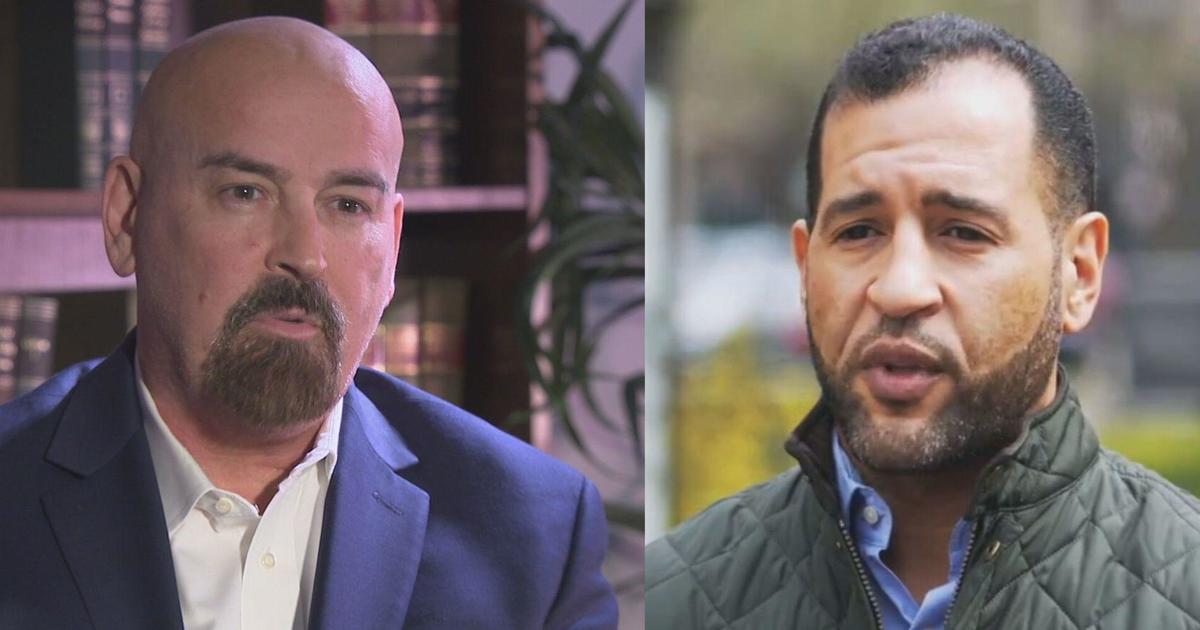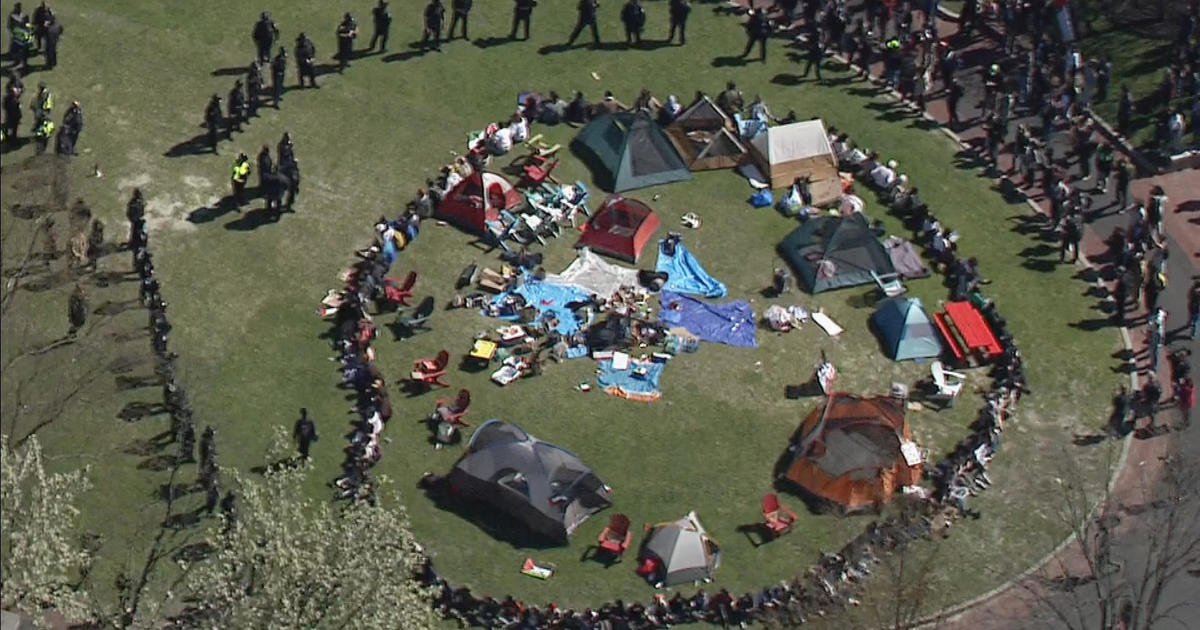Matters Of The Mind: Conquering Back-To-School Anxiety
BOSTON (CBS) - For Jennifer Nickola of Lynn, her son Nick's well-being became the all-consuming focus of her life around the time he was 3 or 4-years-old.
"I remember my husband and I saying 'this is not normal,'" Nickola told WBZ-TV.
Read: More 'Matters of the Mind'
The couple says Nick would have trouble articulating what was bothering him and he would act out in frustration. There were also physical symptoms. Nick had trouble sleeping and would become nauseous. Eventually there was something to call it: Generalized Anxiety Disorder.
Nick, now 10-years-old, is far from an unusual case. A report from the National Institutes of Health says anxiety disorders are the most frequent mental disorders in children and adolescents.
"This is not anything to be ashamed of," echoes Dr. Lisa Fiore, an expert in early childhood development at Lesley University. "We have to fight through this stigma that somehow still exists."
With help from professionals, and a network of support with the Parent/Professional Advocacy League, the Nickolas have found some techniques to help Nick adapt to new situations.
"If I'm like, 'oh what are you feeling anxious about?' or asking specific questions, not only can he not pinpoint it, it makes him agitated and aggravated," said Jenn Nickola. "I try to avoid that and just let him talk to me about what he's feeling."
Nickola says Nick is more likely to open up in the car on the way home if she just lets him talk, rather than asking questions. She also knows she has to keep her own anxiety in check so she can present a calm and confident demeanor to her son.
The Nickola family stopped making a big deal of back-to-school shopping, as it tends to heighten Nick's anxiety.
During the school year, she works with him on his homework so he can feel prepared for the next day. They troubleshoot specific problems like not having enough time between subjects to get all of his materials together during class.
"I told him at the end of each class when you're putting away your binder, put your agenda in the next class binder. It's like little things like that will help him get through," said Nickola.
Dr. Fiore adds that parents can help a particularly anxious child find a quiet place in a school where he can take a break if he needs to. She also suggests helping kids be prepared with a tour of the school and connecting neighborhood friends.
"When a child feels in control or feels that 'I can master this task or this challenge,' it lowers anxiety," said Dr. Fiore. "Any way we can help kids feel that sense of mastery is helpful."
More than anything, the mother of an anxious child and the expert, say parents need to be fearless about asking for help from teachers, doctors, therapists, or fellow parents.
"They've heard it before. None of this is new," said Dr. Fiore.
"Some parents might read the smallest signals as being great problems, particularly with first born children, but I think being over-attentive is less harmful than perhaps being inattentive."




